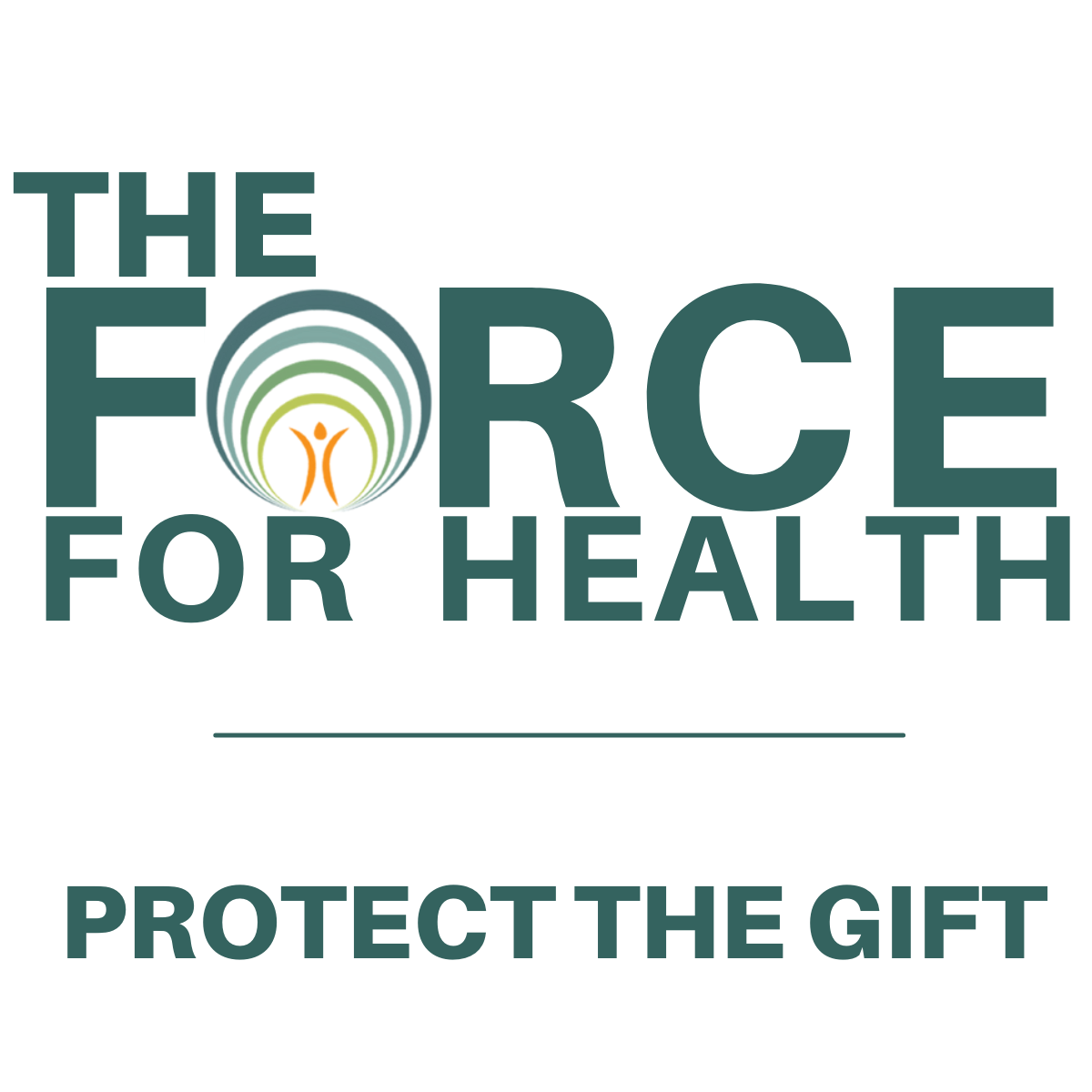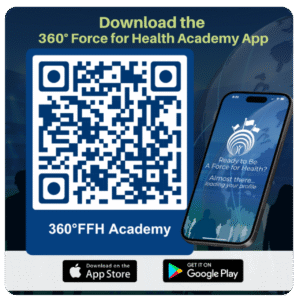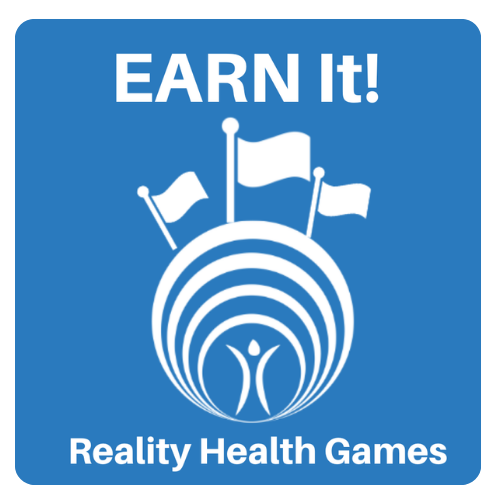
The Power of Initiative: When Staff Go Above and Beyond for Patient Care
As I sit in this hospital room, observing the day-to-day workings of the care team, I’m struck by the invaluable impact of staff members who take the initiative.
Going above and beyond:
When you’re a patient—especially when you’re used to being on the other side of the stethoscope as a physician—these small but thoughtful actions from the medical team can feel monumental. What stands out most is the profound difference it makes when caregivers go beyond protocol, seeking solutions that aren’t just prescribed, but personalized.
One clear example is the simple act of adjusting comfort. As a patient recovering from a major spinal surgery, I’ve experienced firsthand how painful it can be to perform even the most basic tasks, such as sitting in a chair or lying in bed. Nurses quickly recognized that my discomfort was causing increased muscle tension, which only fueled my pain. I found myself in a vicious cycle: more discomfort led to more pain, more pain led to more muscle relaxants, and more medications meant side effects that complicated my recovery.
Instead of merely adjusting my medications, a nurse took the initiative to suggest a different chair—one that was softer, better padded, and more supportive. This wasn’t a standard solution. It wasn’t a line item in the treatment plan. But this thoughtful intervention dramatically improved my comfort, reducing the need for muscle relaxants. This reduced my nightmares and hallucinations. The chain reaction was incredible: less pain, better sleep, fewer medications, clearer thinking, and fewer drug-related side effects like hallucinations or nausea.
It’s this kind of initiative that transforms healthcare. A more comfortable chair doesn’t sound revolutionary, but in the world of patient care, these seemingly small adjustments can make all the difference. By recognizing that something as simple as a chair can impact pain management and mental clarity, this nurse demonstrated a deeper understanding of patient care that went beyond prescriptions and charts.
Taking Initiative:
Another instance of staff initiative that left a lasting impression was related to constipation—a common yet often overlooked issue for patients taking pain medications. Narcotics, while effective for pain relief, are notorious for slowing down the digestive system, leading to severe constipation. This becomes a compounding problem because the discomfort from constipation adds to the overall misery of recovery, and the pressure on the abdomen can worsen back pain, which in turn, triggers more medication use.
Again, a nurse stepped forward with a proactive approach. Rather than waiting for the situation to escalate or simply administering more medications, she offered suggestions for dietary adjustments that could help manage the issue. She took it upon herself to recommend more fiber-rich foods and increased hydration, supplementing these choices with appropriate laxatives and stool softeners when necessary. This wasn’t just about addressing constipation; it was about tackling the root cause of discomfort and breaking the cycle of narcotic dependency.
Both examples highlight a crucial truth: patient care isn’t just about treating symptoms—it’s about treating the whole person. When nurses, aides, and other staff members take the initiative to think creatively and compassionately, they bring about real change in the patient experience. They help patients like me feel more in control of our recovery, less dependent on heavy medications, and more able to focus on healing.
In my years as a physician, I’ve always known that healthcare is a team effort. But being on the receiving end of this care has deepened my appreciation for the staff members who don’t just follow the book but seek out new ways to improve their patients’ well-being. It’s this kind of initiative that transforms good care into great care.
A sincere thank you!:
To those staff members who go above and beyond—who see patients as more than a chart and who look for ways to make the experience just a little bit better—thank you. Your thoughtfulness, your creativity, and your willingness to step outside of the routine make a world of difference. And for this patient, it has been a lifeline to healing.








Responses